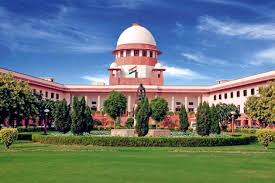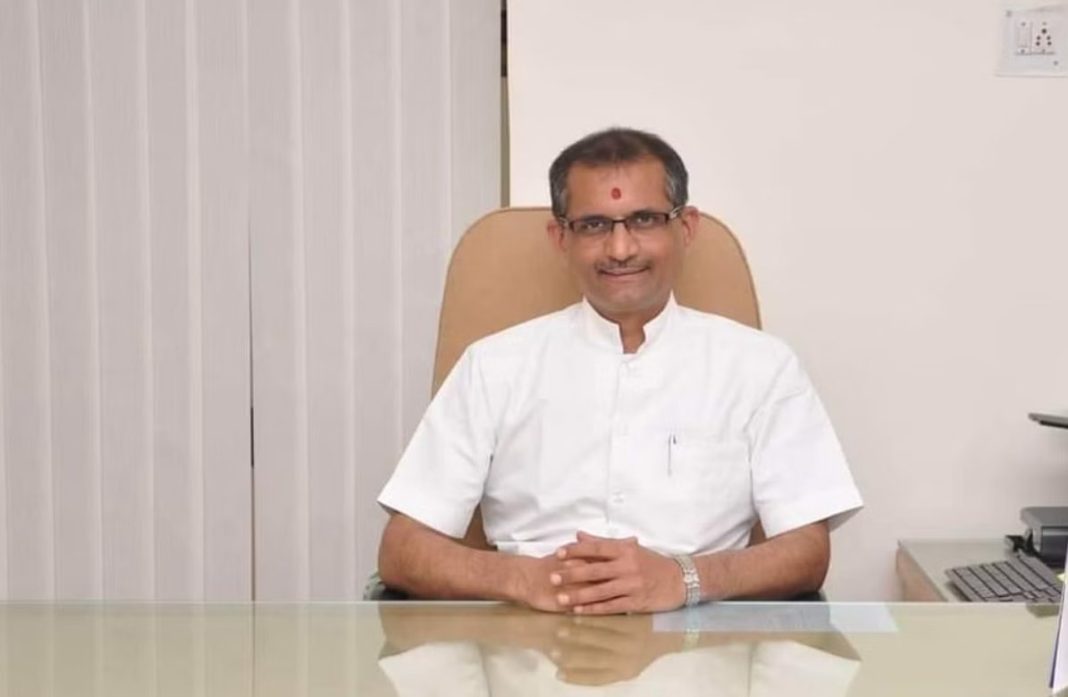Mumbai, July 20: The Bombay High Court has said it can’t allow people’s faith in public servants to erode and refused to quash a case against a social worker for extorting and defaming a former tehsildar.
A division bench of Justices A S Gadkari and Neela Gokhale, in its judgment of July 1, dismissed a petition filed by Solapur-based social worker Justices A S Gadkari.
A copy of the order was made available on Saturday.
A first information report was registered against Kulkarni in December 2022 by Prashant Bedase, a former tehsildar at Mohol tehsil office, on charges of criminal force against a public servant and deterring him from discharging his duty, extortion and defamation.
The bench, while refusing to quash the FIR, noted that Kulkarni’s threats to a public servant would easily amount to obstructing a public servant from carrying out his public duties, particularly when the threats are coupled with aggressive and menacing acts.
“These acts are deprecated and need to be discouraged at their very inception,” the court said.
It is most unfortunate that a public servant has been threatened and intimidated by defamatory material being circulated on social media to lower his reputation in the eyes of the right-thinking members of the society,” it observed.
A tehsildar in a district is a respected public officer and is expected to discharge important functions in revenue matters, the court said,
adding the officer in that position is required to command obedience from the public visiting his office.
“If the repute of his office is lowered in the environment over which he has jurisdiction, chaos and disruption are probable in the discharge of his duties. The threat of spreading false narrative by way of engineered protests in present times is bound to be quite a scary proposition for a public servant such as the complainant,” the bench said.
The court further stated that it made these remarks only to bring to the fore the dangers of public servants being intimated while discharging their public duty.
“Public faith in public servants cannot be allowed to erode. Such acts must be viewed seriously,” the bench said while refusing to quash the FIR.
The court also noted an emerging trend of persons using modern-day technologies to devise a modus operendi to commit such offences.
Such people hide behind the screen of social media and indulge in irresponsible acts that have the propensity to intimidate, it said.
The bench said the words “criminal force” under section 353 of the Indian Penal Code would not be restricted to only physical force.
The petitioner’s act of intimidating Bedase by threatening to defame him on social media and engineering artificial protest also falls within the scope and ambit of the word ‘criminal force’ used in the section, it said.
In such circumstances, ‘criminal force’ must not be restricted to only include physical force, but must bring within its ambit ‘virtual force’,” it said.
The bench said the provisions under IPC section 353 cannot be interpreted in a “narrow or parochial manner, and a myopic view cannot be taken of the same”.
“Such acts do not merely threaten the victims of crime, but defeat the very purpose of the criminal justice system,” it said.
In October 2022, a man raised concerns about illegal mining, to which the tehsildar said necessary action was taken against the errant company, and all documents regarding this were available.
Despite the assurance, the man called up Kulkarni, who demanded ₹50,000 from Bedase and threatened to stage a protest.
Bedase, in his complaint, alleged that Kulkarni sent him intimidating messages and defamed him with false statements on social media.
Kulkarni had also threatened to hold a protest outside the Nagpur legislative assembly, it stated.




